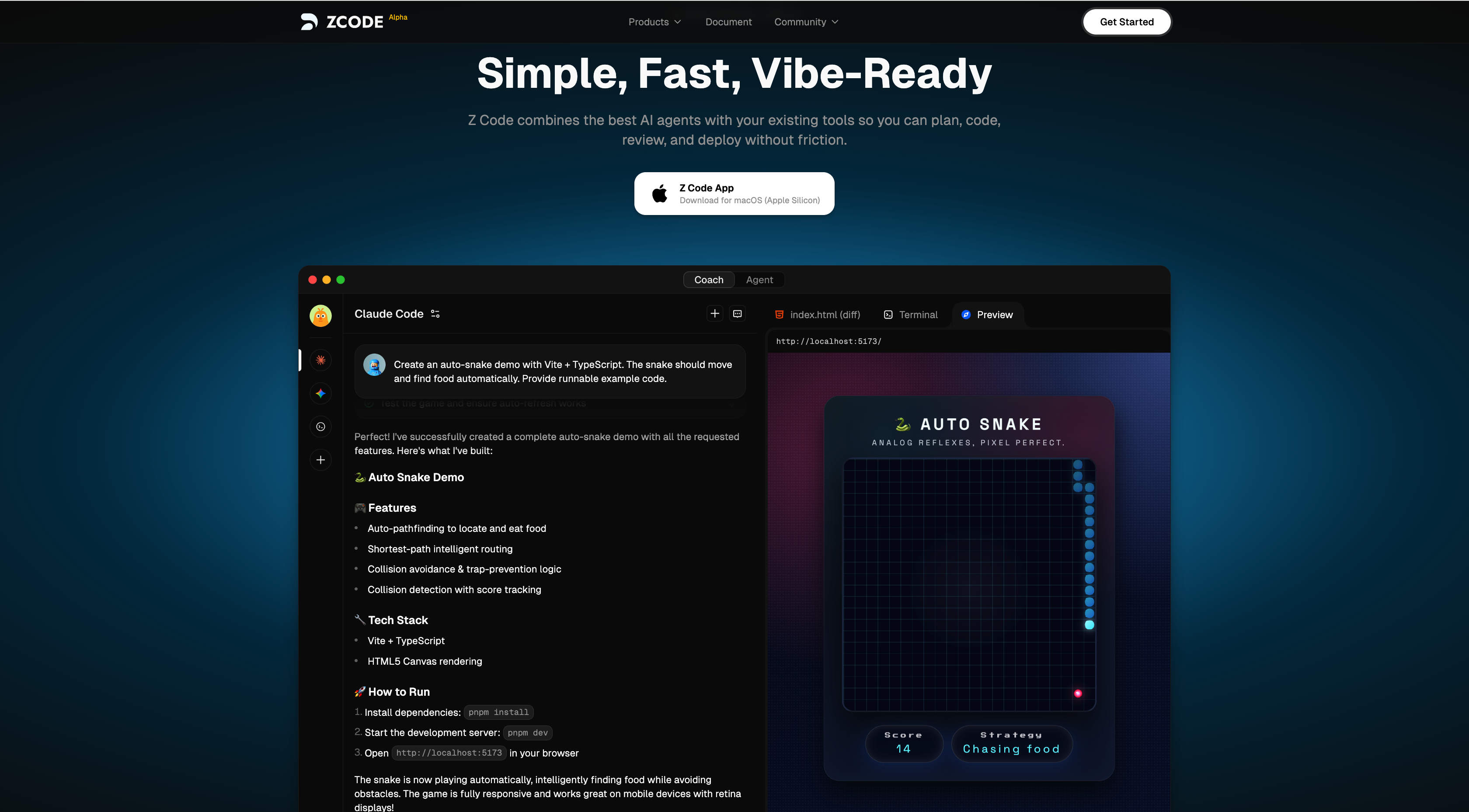Artificial intelligence giant OpenAI has recently announced significant adjustments to its annual developer conference, DevDay, drawing widespread attention from the industry.
Unlike the grand press conference held in San Francisco last year, this year's DevDay will adopt a more low-key format, transforming into a series of global developer meetups. This change reflects a shift in the company's strategic focus from pursuing sensational effects to deeply cultivating the developer ecosystem.
OpenAI's spokesperson has clearly stated that the company will not release a new flagship AI model at this DevDay, but will instead focus on updating APIs and developer services. This decision reflects the numerous challenges faced by the AI industry and OpenAI's response strategies. The events will be held on October 1, October 30, and November 21 in San Francisco, London, and Singapore respectively, covering workshops, breakout sessions, product demonstrations, etc., aiming to provide developers with more practical value.

This strategic adjustment is consistent with OpenAI's recent development trajectory. The company has chosen to invest more in enhancing the performance and stability of existing models rather than blindly pursuing technological breakthroughs. This incremental innovation approach may be a pragmatic response to the current industry situation. The scarcity of high-quality training data, the widespread blocking of AI crawlers by websites, potential copyright disputes, and other factors pose challenges to the continuous development of AI models.
In the face of these difficulties, OpenAI has implemented several countermeasures. The company has signed licensing agreements with publishers and data brokers, and is also developing new inference technologies to improve model performance in specific fields. Chief Technology Officer Mira Murati has even boldly promised that future models will have "PhD-level" intelligence. However, these measures come with significant R&D and talent costs, putting considerable pressure on the company.
OpenAI's transformation may also be a response to external criticism. Some argue that the company has been overly focused on the rapid advancement of AI technology while neglecting safety issues. By slowing down the product cycle and concentrating on improving existing technology, OpenAI seems to be trying to balance innovation and responsibility.
Despite this, OpenAI still faces many controversies, including the use of copyrighted data for training and restrictions imposed by employee non-disclosure agreements. In today's rapidly evolving AI technology landscape, OpenAI's strategic adjustment will undoubtedly have a profound impact on the entire industry. It not only reflects the company's understanding of current challenges but also demonstrates its determination to seek a sustainable development path in the fast-paced AI field.










